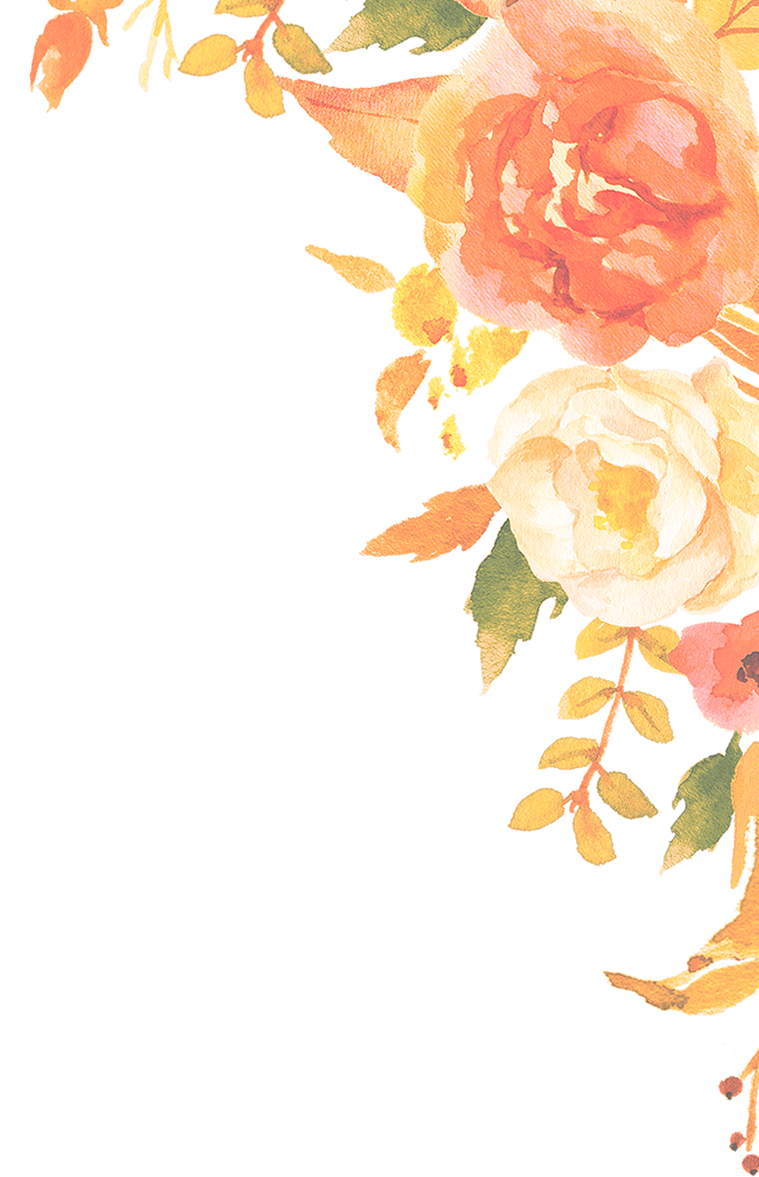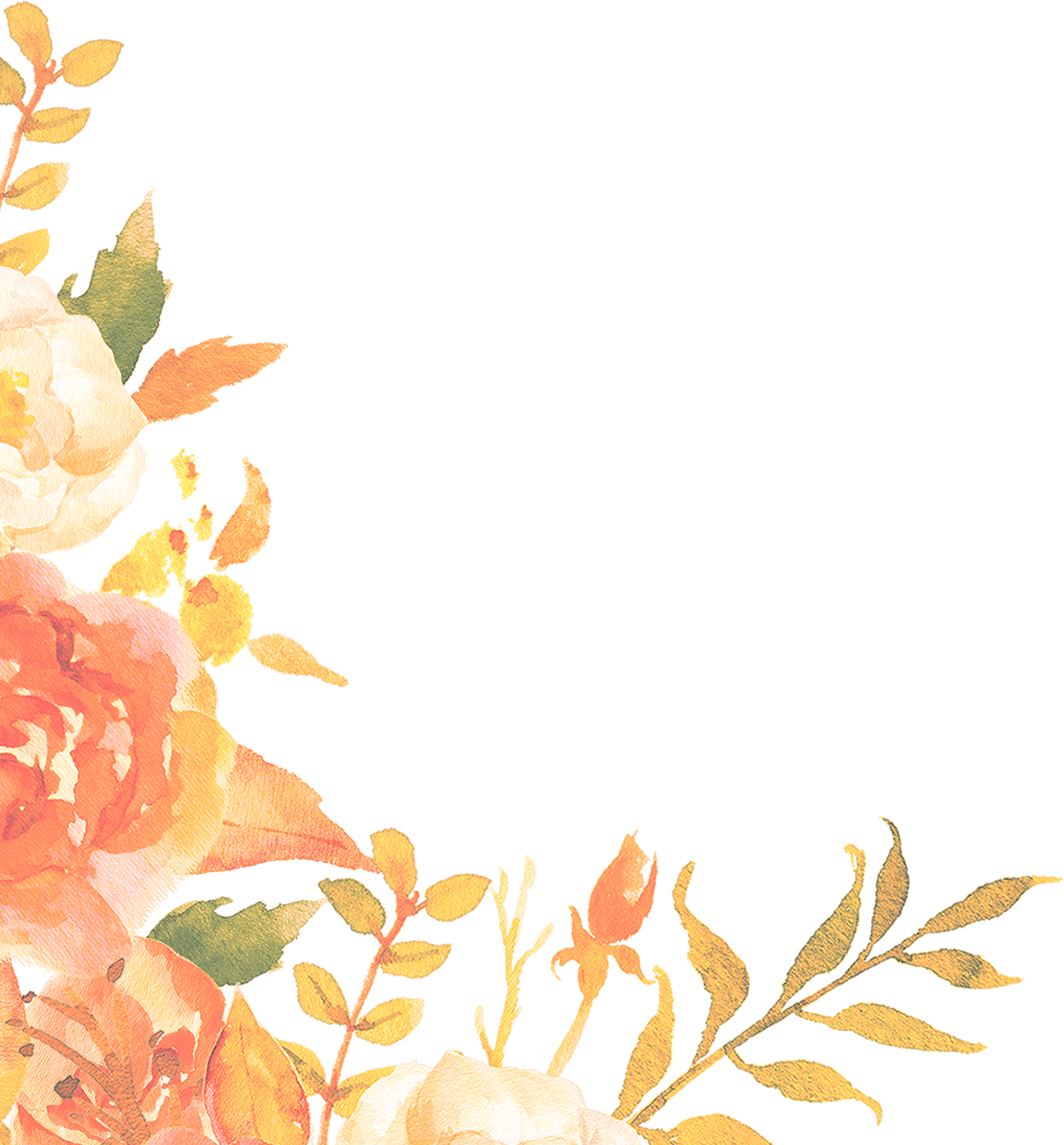



I really needed to hear a lot of the things we spoke about, in order to learn ‘true happiness’ in my life – for our relationship and especially for myself. I liked it all, it was interesting and fun.
-PAST CLIENT
Let us consider the topics of religion and spirituality a little further. What makes them beneficial for emotional wellbeing? Last week we found that contributing factors include religions’ reassuring guidance in the consideration of death; the social support enjoyed by members of spiritual congregations; and the power of rituals, which lift us above the realities of daily life.
One of the most important benefits of spiritual endeavour is the fact that it can evoke positive emotions. Ed Diener and Rober Biswas-Diener point out that spiritual feelings are difficult to define and can be physical or emotional. Nevertheless, they are universal and can be powerful, profound and immensely enjoyable. Having a spiritual experience can fill us with positive emotions such as love, appreciation, transcendence, compassion, awe or gratitude.1 Perhaps you recall that positive emotions have a broadening and building effect (see Blog posts 2 & 3). Every time we experience good feelings they lift us up emotionally, expand our vista, call up other positive emotions, and help balance the bad stuff happening in our lives. According to Diener and Biswas-Diener, the association of religion with happiness lies in the positive emotions that a deep spirituality can bring forth. And they consider such a spirituality “necessary for complete psychological wealth”.2
I try never to step out of my house without having carried out my spiritual because it enables me to persevere with life. There are moments in my prayers or meditations in which I feel profoundly at peace, and/or sense that love is all around and within me. At other times I have tremendous realisation of the grace bestowed upon me. Being a happiness coach does not mean my life is a breeze: I, like others, battle anxiety, get overwhelmed, frightened, disappointed and frustrated with the world and myself. My spiritual morning practice, however, fills me with hope and the will to keep trying. Often it grants me confidence, insight or inspiration – all powerful positive emotions. Perhaps you can now see why spirituality had to be part of my blog: the positive emotions arising from it are very real to me, and having spiritual experiences is essential for my psychological wellbeing.
Another significant reason to pursue religion or spirituality is their ability to connect us to something larger than ourselves. Diener and Biswas-Diener write that being part of a religious congregation means being joined to a social movement. Major world religions have very long histories and their adherents find themselves potentially connected to millions of individuals who currently or previously share(d) their faith. Diener and Biswas-Diener note that this has an effect on members’ identities: they belong to a group of individuals with similar beliefs, and their religious identity heightens their personal significance and importance.3
Behind spirituality lies the idea that there is a higher power that connects all things. Connecting with this higher power means uniting with something permanent, important and meaningful. Religion and spirituality can imbue tremendous meaning to people’s lives. They can impart ways of understanding the world and fill our lives with purpose.4 As previously discussed, meaning is a crucial part of living our best possible life (see Blog posts 5, 36, 37, 41 & 43). Martin Seligman calls this quintessential way of living the meaningful life. Its characteristic is the way it joins our lives to “something larger than we are – and the larger that something is, the more meaning our lives have”.5
Religions and spiritual practices aim to connect us to the most powerful entity of all: to God (who has many names), the universe, endless wisdom, the supreme energy, the source of love. Atheists and doubters might find the claim that one can connect to God highly presumptuous. Nevertheless, feeling connected to God is the point of religion and spirituality, and the basis of the spiritual feeling. Belonging and feeling connected is a significant need in human beings. We greatly benefit from having strong connections to other people, to groups and communities, and to the natural world around us. And so, too, do we gain greatly by feeling connected to God.
The spiritual feeling is difficult to teach or nail down. I also think that, unfortunately, few churches and individuals can truly communicate it. Faith is highly individualised and everyone has to find their own path. This prevents many from joining religious or spiritual groups: they cannot simply accept other people’s explanations. However, it is said that if one seeks one’s spiritual path, one will find it. My advice would be to start with a daily ritual of meditation, followed by a prayer addressed to an entity you can relate to. Pray sincerely and reverently, and mean what you say. Giving thanks for the good in your life is a great start.
I hope that you can now see why religion and spirituality impact on happiness: People who pursue them potentially find reassurance about what happens when they die. They potentially connect to a social network of support, friendship, shared outlook and social activity. They might share in rituals that touch their hearts and give them pause in their daily grind. Their lives may be imbued with meaning, and they are often inspired to contribute positively to the world. This in turn helps to bring out their altruism, forgiveness, compassion and kindness; all of which are powerful happiness-enhancing attitudes. They potentially feel connected to a powerful entity, which is frequently understood to encompass tremendous love and wisdom. This likely evokes their awe, appreciation, wonder, gratitude and perseverance – all enhancers of psychological wellbeing. People’s religiousness or spirituality potentially inspires them to conduct themselves well and lead their best possible lives.
If you already have a spiritual path, commit and devote yourself to it. If you are still unconvinced, you can choose from a host of other approaches that help you create a beautiful life. If you are sitting on the fence, however, I suggest you give religion or spirituality a try – even if it might take time to find the path that is right for you.
© Natalie Lydia Barker 2017
Notes
No Comments